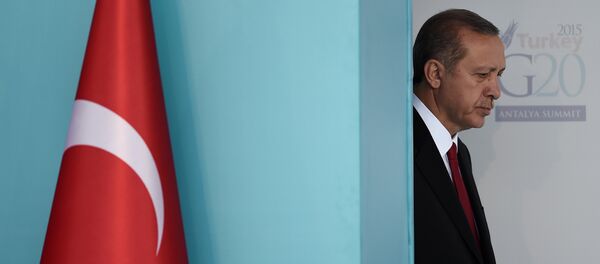ANKARA (Sputnik) — The Herero and Namaqua Genocide was a campaign of racial extermination and collective punishment that the German Empire's colonial troops carried out in German South-West Africa, which is modern-day Namibia. The move took place to suppress the local Herero and Nama popular uprising. In 2004, Germany recognized the genocide in Namibia.
"The Nama and Herero were the victims of the Germans' colonial approach. The bill, which I have proposed, will offer the parliament to recognize the Germans' action in Namibia [against] Herero and Nama as genocide," Metin Kulunk was quoted as saying by the Haberturk newspaper.
Earlier this month, Germany joined the ranks of European countries recognizing the 1915-1916 mass killings of Armenians by the Ottoman Empire as genocide. Before the vote, proposed by lawmakers from the ruling coalition of Conservatives and Socialists together with the Green Party, Ankara said its relations with Germany would deteriorate in case the resolution was passed.
As the pro-vote took place in the German Parliament, Ankara labeled the Bundestag's decision a "historic mistake."


